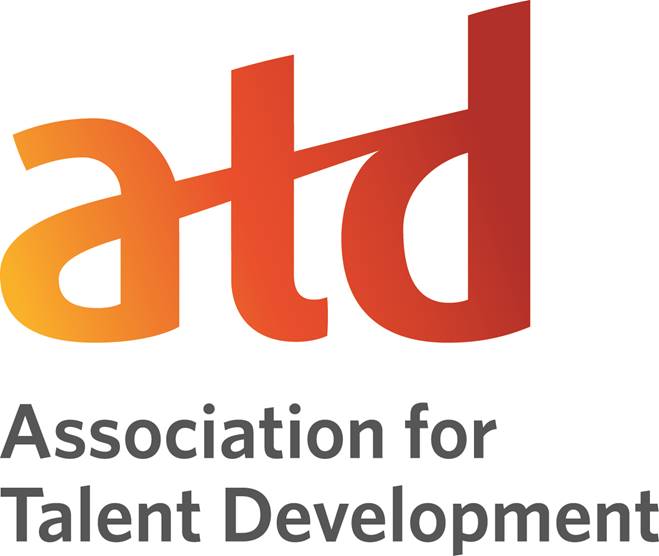
Home DNA testing allows individuals to gain valuable insight into their ancestry and inherited diseases. With a simple saliva sample, genetic testing based on the human genome can point to the risk of familial cancers, neurological disorders, allergies and other maladies caused by our genes. Thousands of Americans have already obtained such information, yet medical experts caution that DNA health findings should be interpreted by physicians, not the general public.
I decided to do the home DNA test recently, motivated more by my curiosity about my ancestry, rather than my family’s medical history. After considering several genetic testing firms, I chose 23andMe, intrigued because they offered both ancestral and medical tests. In the end, I decided if I was going to get DNA tested, I might as well go all the way.
23andMe has recently obtained FDA approval to offer genetic medical testing for eight health risks. They also test the carrier status for 43 genetic variants that could affect one’s offspring, 22 traits affecting appearance and senses and 8 DNA traits affecting diet, exercise and sleep. The reports run to many pages and contain much scientific information that is opaque to a lay person.
I admit that I opened my reports with some trepidation. After all, what if I was virtually certain to develop a life-shortening disease? Or certain to pass along such a disease to my children and grandchildren? How would I react to such devastating news?
This is precisely the concern about home DNA testing raised in the medical community. Dr. Wayne Grody, Director of the UCLA Clinical Genomics Center, cites several problems with home DNA medical testing.(1) First, when DNA testing identifies medically significant risk of disease, doctors are concerned that patients will be ill-equipped to receive and interpret this information. They argue that medical professionals should order any DNA tests and be the ones who deliver the results to patients to avoid any misunderstandings. Second, much of the information from DNA tests has little value to medical decision making. A slightly elevated risk of developing a disease is not a prognosis. Finally, Dr. Grody argued that some of the DNA results currently offered are based on speculative and incomplete science that has not yet been fully verified. The center he runs offers comprehensive testing of more than 20,000 genes, while commercial DNA testing programs examine only a few hundred at most.
Despite these legitimate medical concerns, I found my results to be helpful. Of course, I received no shocking news, which meant I did not have to deal with the worst of responses. Of the eight genetic conditions tested, I had no increased risk for five and only slightly increased risk for the other three. Of these, I already knew I had a slightly increased risk of developing Celiac disease (gluten intolerance), since several of my relatives have it, but luckily, I do not. I also already knew that I have an increased risk of Hereditary Thrombophilia due to the Factor V Leiden gene, which can result in blood clotting. The one new condition I learned was an increased risk for Late-Onset Alzheimer’s. This is defined as occurring after the age of 65, so it is too early to tell whether I will develop Alzheimer’s. My report detected a single gene variant that suggested I have about a 5% greater chance of developing Alzheimer’s by age 75 and a 20% chance by age 85, assuming I make it that far. These results are only slightly greater than for the senior population at large, so they represent little cause for concern.
23andMe nevertheless took several reasonable precautions in presenting these medical findings, including explaining the intended uses and limitations of the tests and pointing out that lifestyle and environmental factors also play an important role in the development of disease. They offered many tips on preventing Alzheimer’s and provided links to more information about the disease and its treatment. They also repeatedly urged me to consult my physician should I have any further questions about these results.
I’m glad I got these medical reports. I’m relieved that I am not passing on genetic diseases to my offspring. I’m prepared to use the information I gained from these reports to address my elevated risks through proactive prevention. I take an 85-mg aspirin every day to combat clotting and engage my brain in my work and hobbies. I am prepared to face my fate, whatever it is that finally overtakes me.
I think everyone should get their DNA ancestry report. It is good for all of us to know who we are and where we came from. It weaves the threads of our humanity into one species. But when I discuss DNA medical testing with others, I don’t push it. Although the results were benignly enlightening to me, I can also see Dr. Grody’s point that many people are ill-prepared to face their health future without the guidance and assurance that a personal physician is trained to provide.
(1) Vital Signs. UCLA Health, Vol. 78, Spring 2018.


